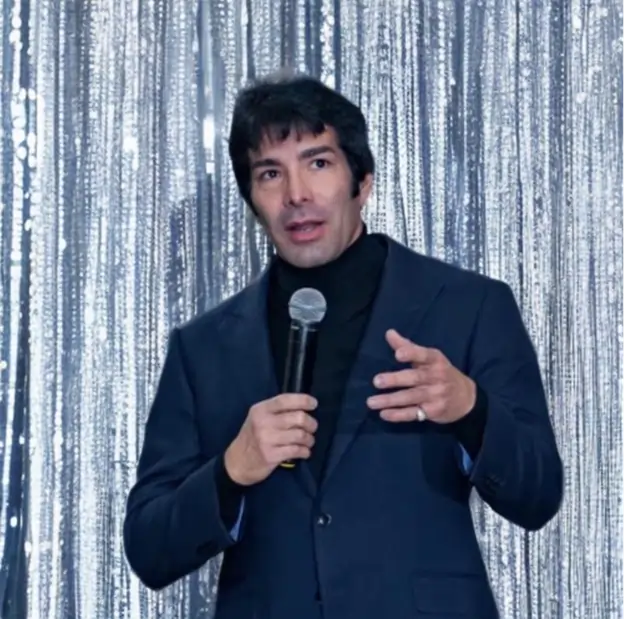
As college campuses continue to grapple with politically charged environments, universities are increasingly disciplining students for controversial content posted on social media. From TikTok videos deemed offensive to tweets considered discriminatory, students are finding that their digital footprints can lead to real-world consequences—including suspension, expulsion, or blocked graduation. The question many are now asking: how far can schools go in punishing speech that happens outside the classroom?
While institutions often justify such actions by citing codes of conduct or harassment policies, critics argue that many of these cases blur the line between legitimate oversight and unconstitutional overreach. At public universities in particular, where First Amendment protections apply, the tension between campus values and individual rights is becoming a legal battleground.
Joseph Lento, founder of Lento Law Firm and a defender of student rights, has handled numerous cases involving students sanctioned for what they’ve said—or liked—online.
“Students disciplined for off-campus or online speech should know their rights under the First Amendment, especially at public universities. Our legal team has overturned suspensions and removals when speech was constitutionally protected. If your expression did not cause a substantial disruption or violate clear conduct rules, the punishment may be unlawful,” Lento notes.
What makes these cases especially complicated is that university policies often lack clear language about what constitutes punishable online behavior. While many codes prohibit bullying, harassment, or conduct “unbecoming of a student,” the definitions are broad enough to encompass a wide range of speech—some of it protected. Students have faced disciplinary proceedings over political posts, offensive jokes, or criticism of faculty and administration, even when those posts were made off-campus and on personal accounts.
Private universities have more leeway to regulate student expression, but even there, students may have contractual protections or claims tied to promises of free expression in student handbooks and codes of conduct. Public institutions, by contrast, must tread more carefully. Courts have repeatedly held that public colleges cannot penalize students for speech protected by the First Amendment unless it rises to the level of harassment, threats, or substantial disruption.
“Colleges must define punishable speech with precision, especially when speech involves satire, opinion, or criticism. In vague policy cases, legal intervention can argue that disciplinary actions were arbitrary or overbroad. Documentation of the context, intent, and institutional bias can all strengthen a student's defense,” Lento explains.
Still, many schools act first and defend later—removing students from classes, athletic teams, or leadership positions after public complaints or viral backlash. In doing so, they often initiate investigations or hearings without providing meaningful notice, evidentiary access, or opportunities for students to meaningfully respond.
In recent years, courts have begun to clarify the limits of university authority over student speech. In BL v. Mahanoy Area School District, the U.S. Supreme Court ruled that a high school violated a student’s rights by punishing her for off-campus social media posts. Although that decision applied to a public high school, its logic has been cited in multiple college-level cases, suggesting that courts may be skeptical of university overreach—particularly when no direct harm or disruption can be shown.
“We often advise students to refrain from commenting publicly during ongoing investigations. Instead, legal representation can address procedural defects and request dismissal of charges that don't meet the required threshold of disruption or harm. Colleges must respect both educational mission and legal boundaries.” Lento shares.
Universities face real challenges in maintaining respectful and inclusive environments, especially when online conduct spills into campus life. But in the rush to respond, schools that fail to respect legal limits may find themselves on shaky constitutional ground. For students, knowing where those limits lie—and when to seek legal guidance—can make the difference between accountability and overreach.
Disclaimer and Disclosure:
This article is an opinion piece for informational purposes only. Finance Digest and its affiliates do not take responsibility for the views expressed. Readers should conduct independent research to form their own opinions.


